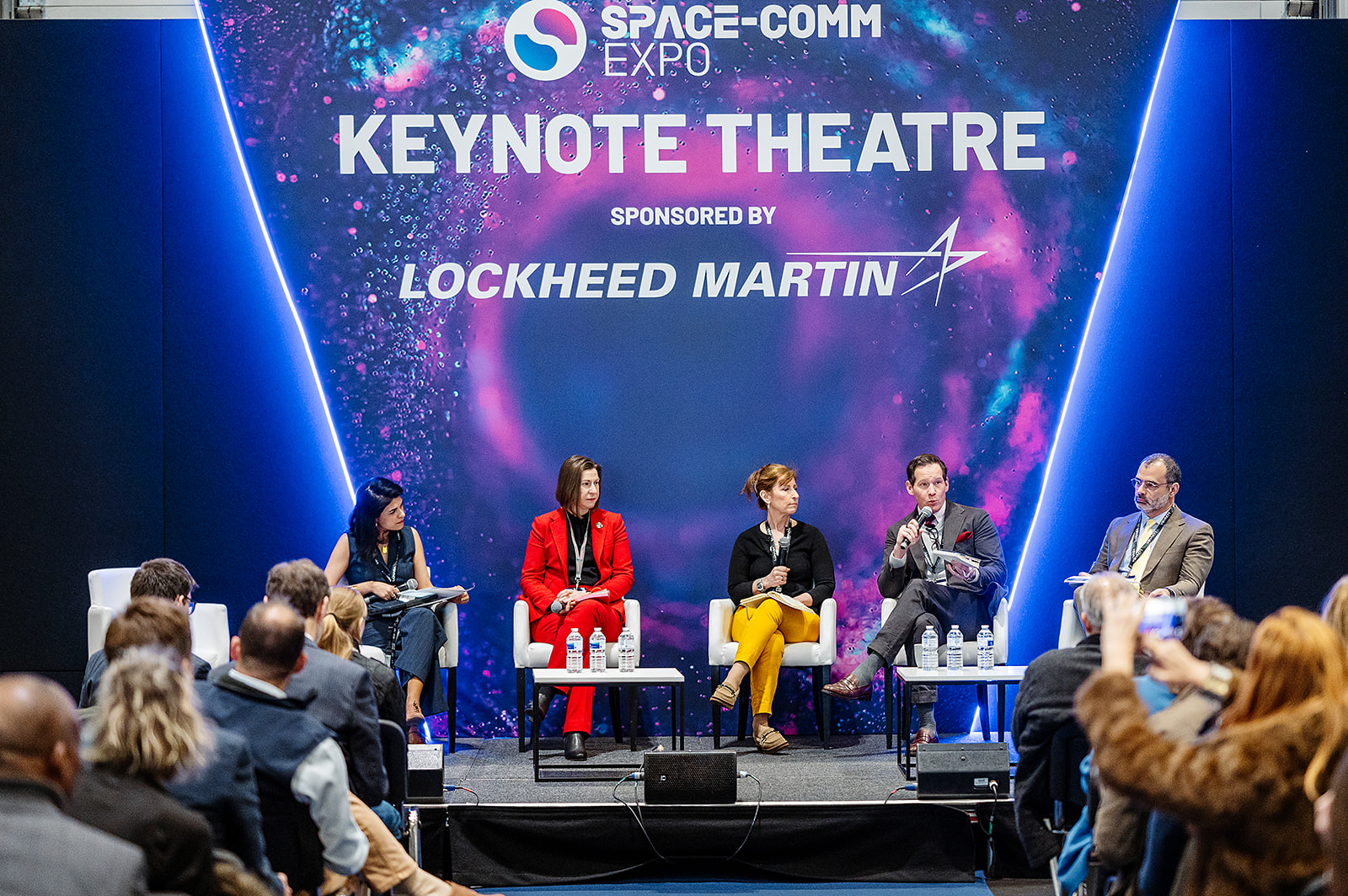New algorithm could be quantum leap in search for gravitational waves

Above:
The University of Glasgow’s School of Physics & Astronomy.
Courtesy University of Glasgow
This new method of identifying gravitational wave signals using quantum computing could provide a valuable new tool for future astrophysicists.
Known as matched filtering, the process is part of the methodology that underpins some of the gravitational wave signal discoveries from detectors like the Laser Interferometer Gravitational Observatory (LIGO) in America and Virgo in Italy.
Those detectors, the most sensitive sensors ever created, pick up the faint ripples in spacetime caused by massive astronomical events like the collision and merger of black holes.
Matched filtering allows computers to pick gravitational wave signals out of the noise of the data collected by the detector. It works by sifting through the data, searching for a signal which matches one out of potentially hundreds of trillions of templates – pieces of pre-created data which are likely to correlate with a genuine gravitational wave signal.
While the process has enabled numerous gravitational wave detections since LIGO picked up its first signal in September 2015, it is time-consuming and resource-intensive.
In a new paper published in the journal Physical Review Research, the team describe how the process could be greatly accelerated by a quantum computing technique called Grover’s algorithm.
Grover’s algorithm, developed by computer scientist Lov Grover in 1996, harnesses the unusual capabilities and applications of quantum theory to make the process of searching through databases much faster.
While quantum computers capable of processing data using Grover’s algorithm are still a developing technology, conventional computers are capable of modelling their behaviour, allowing researchers to develop techniques which can be adopted when the technology has matured and quantum computers are readily available.
The Glasgow team are the first to adapt Grover’s algorithm for the purposes of gravitational wave search. In the paper, they demonstrate how they have applied it to gravitational wave searches through software they developed using the Python programming language and Qiskit, a tool for simulating quantum computing processes.
The system the team developed is capable of a speed-up in the number of operations proportional to the square-root of the number of templates. Current quantum processors are much slower at performing basic operations than classical computers, but as the technology develops, their performance is expected to improve. This reduction in the number of calculations would translate into a speed up in time. In the best case that means that, for example, if a search using classical computing would take a year, the same search could take as little as a week with their quantum algorithm.
Dr Scarlett Gao, from the University’s School of Physics & Astronomy, is one of the lead authors of the paper. Dr Gao said: “Matched filtering is a problem that Grover’s algorithm seems well-placed to help solve, and we’ve been able to develop a system which shows that quantum computing could have valuable applications in gravitational wave astronomy.
“My co-author and I were PhD students when we began this work, and we’re lucky to have had access to the support of some of the UK’s leading quantum computing and gravitational wave researchers during the process of developing this software.
“While we’ve concentrated on one type of search in this paper, it’s possible that it could also be adapted for other processes which, like this one, don’t require the database to be loaded into quantum random access memory.”
Fergus Hayes, a PhD student in the School of Physics & Astronomy, is co-lead author of the paper. He added: “Researchers here in Glasgow have been working on gravitational wave physics for more than 50 years, and work in our Institute for Gravitational Research helped to underpin the development and data analysis sides of LIGO.
“The cross-disciplinary work that Dr Gao and I led has demonstrated the potential of quantum computing in matched filtering. As quantum computers develop in the coming years, it’s possible that processes like these could be used in future gravitational wave detectors. It’s an exciting prospect, and we’re looking forward to developing this initial proof of concept in the future.”
The paper was co-written by Dr Sarah Croke, Dr Christopher Messenger and Dr John Veitch, all from the University of Glasgow’s School of Physics & Astronomy.
The team’s paper, titled ‘A quantum algorithm for gravitational wave matched filtering’, is published in Physical Review Research. The research was supported by funding from the Science and Technology Facilities Council (STFC) and the Leverhulme Trust.













